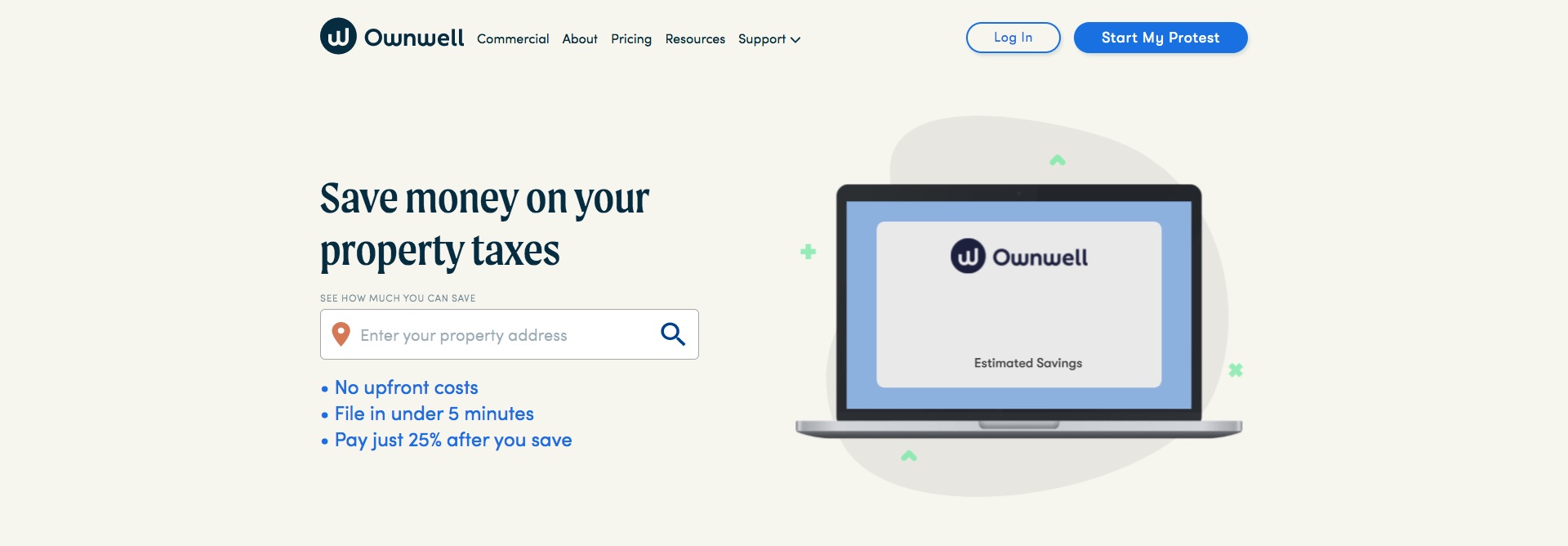
- Banco Santander is launching a new tool to help retail customers track the carbon footprints of their transactions.
- The bank is partnering with ClimateTrade and the Mastercard donation platform to enable users to offset their impact.
- The app is currently available to customers in Spain and will soon go live in Poland, Portugal, and the U.K.
Banco Santander is out with a new ESG initiative today. The Spain-based bank unveiled a new feature that enables its retail banking customers in Spain and Chile to track and offset their carbon footprints.
Developed in-house and available on Santander’s website and app, the tool will help customers measure the carbon footprint of the purchases they make with their Santander accounts and payment cards. Customers can see their monthly carbon footprint reported in kg CO2-eq in a range of categories, including supermarkets, transport, health, and education.
To help users take action against their carbon output, Santander’s tool will show eco-friendly tips for each category, as well as facts on how users can reduce their footprint and transition to a more sustainable economy.
Santander is partnering with ClimateTrade to enable customers to voluntarily use the tracker to offset their carbon footprint. ClimateTrade connects sustainable project developers with users looking to offset their carbon footprint. Because the company’s marketplace leverages the blockchain, all transactions, which are processed through the Mastercard donation platform, are traceable.
Santander has been fighting climate change since 2011 by measuring and reporting on its own carbon footprint. The bank became carbon neutral in 2020 and pledges to reach net zero emissions by 2025 in its financing, advisory, and investment services, as well as across all operations.
The app will go live in Poland, Portugal, and the U.K. in the coming months.
Photo by Kit Ishimatsu on Unsplash














